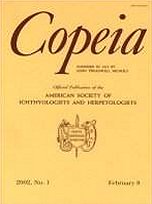The developmental environment influences a wide variety of phenotypic traits in the adults of many vertebrates (i.e., developmental plasticity). In this study, we test to see if developmental environment (EDEV) interacts with the adult behavioral environment (EBEHAV) in determining behavioral phenotypes. We reared Zebrafish (Danio rerio) from eggs in either continuously hypoxic or normoxic conditions. We then tested aggression and avoidance (i.e., hiding) levels of fish from each developmental treatment in both environments. Developmental environment was a significant source of variation in avoidance behavior while the stimulus environment did not influence avoidance. Without a period of acclimation we found that EBEHAV and an EDEV × EBEHAV interaction were both significant sources of variation. However, when the fish were allowed to physiologically acclimate to the environment for 16 h, aggression level was highest for fish tested in the environment in which they developed. In that case the EDEV × EBEHAV interaction was the only significant source of variation. These results demonstrate that a more complete understanding of phenotypic response can be gained by incorporating environmental conditions across multiple time scales.
How to translate text using browser tools
1 December 2005
Developmental Environment Alters Conditional Aggression in Zebrafish
Christopher Marks,
Tomara N. West,
Brian Bagatto,
Francisco B-G. Moore
ACCESS THE FULL ARTICLE





